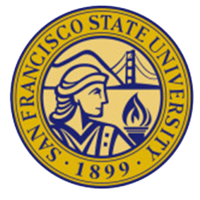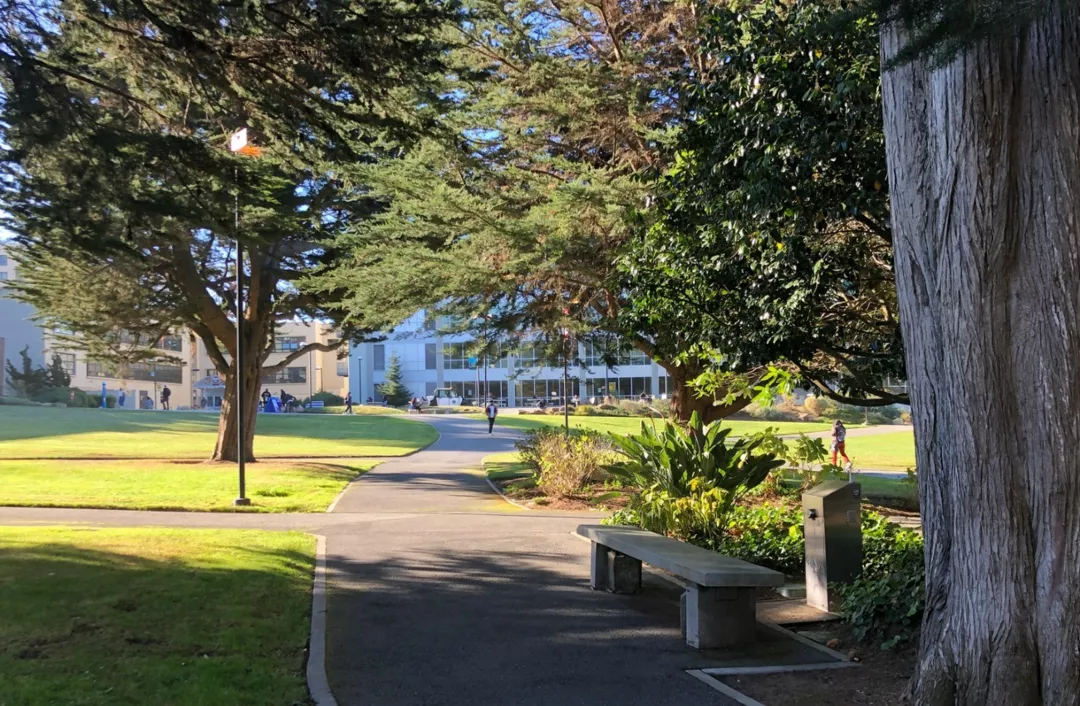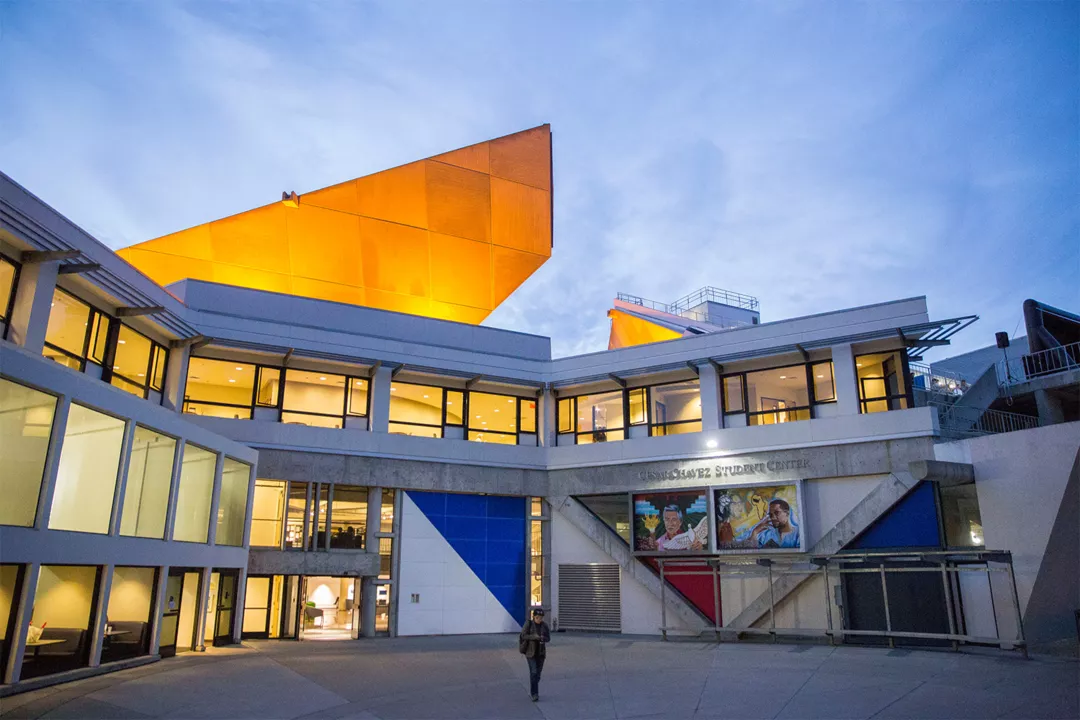-
hello@abroadcube.com
Mail us
-
Call For Help:
98779 83783
-
Whatsapp Us
70090 34921


Anthropology at San Francisco State focuses on the study of humanity from archaeological, biological, cultural, and visual perspectives. Students are introduced to human populations past and present and explore how anthropology can advance efforts in social justice. Anthropologists document, investigate and seek to understand cultures of other times and places, and they also play important roles in social and political debate and advocacy.
The Master of Arts in Anthropology is offered for those who plan to use their master’s training to seek employment, obtain a teaching credential or apply to a doctoral program. Students benefit from intensive seminars and close supervisor-student interaction in their thesis research, project and lab work, and ethnographic filmmaking, and other creative works.
Training in anthropology prepares students for a wide range of careers. Anthropology majors can gain an extremely wide range of skills – from osteological analysis to ethnographic research. Graduates have gotten jobs in fields that include health and medical services, community organizing and advocacy, cultural resource management, museum research and education, urban planning, international economic development, environmental assessment, media, user experience (UX) research, market research, education, social work, investigative journalism, public policy, social services, early childhood education, and filmmaking.
| Level | Masters |
| Discipline | Arts and Humanities |
| Duration | 24 months |
| Intakes | Aug |
| Application Fees | USD 0 |
| Tuition Fees | USD 13512 |
| Campus | Main |
| Language proficiency (minimum) | |
| IELTS | 6.5 |
|---|---|
| TOEFL | 80 |
| PTE | 59 |
| Duolingo | 120 |
| Exam proficiency (minimum) | |
| SAT | Not Required / Waiver |
|---|---|
| ACT | Not Required / Waiver |
| GRE | Not Required / Waiver |
| GMAT | Not Required / Waiver |
Minimum GPA - 77%
QS Quacquarelli Symonds is the world’s leading provider of services, analytics, and insight to the global higher education sector, whose mission is to enable motivated people anywhere in the world to fulfil their potential through educational achievement, international mobility, and career development.
THE (Times Higher Education) has been providing trusted performance data on universities for students and their families, academics, university leaders, governments and industry, since 2004. We create university rankings to assess university performance on the global stage and to provide a resource for readers to understand the different missions and successes of higher education institutions.
The Academic Ranking of World Universities (ARWU) was first published in June 2003 by the Center for World-Class Universities (CWCU), Graduate School of Education (formerly the Institute of Higher Education) of Shanghai Jiao Tong University, China, and updated on an annual basis
The "Webometrics Ranking of World Universities" is an initiative of the Cybermetrics Lab, a research group belonging to the Consejo Superior de Investigaciones Científicas (CSIC), the largest public research body in Spain. CSIC is among the first basic research organizations in Europe. The CSIC consisted in 2006 of 126 centers and institutes distributed throughout Spain.


